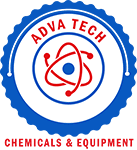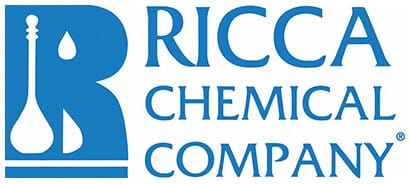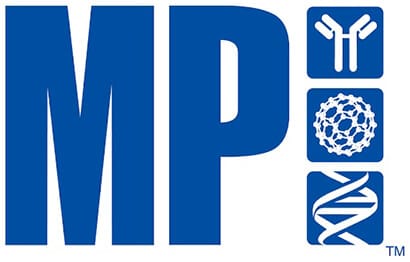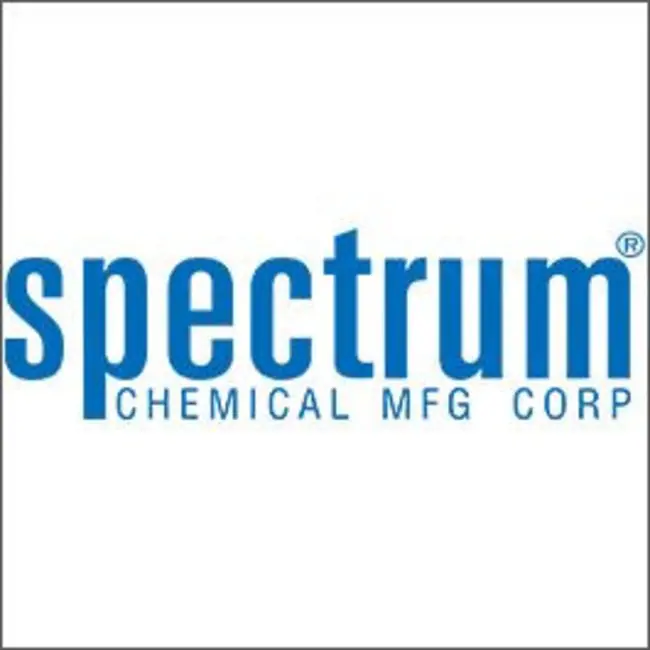Shop
Showing 88451–88500 of 163349 results
-

MCM2 Rabbit mAb
$103.04 Add to cart View Product DetailsMonoclonal Antibodies
-

MCM2 Rabbit mAb
$264.04 Add to cart View Product DetailsMonoclonal Antibodies
-

MCM2 Rabbit mAb
$103.04 Add to cart View Product DetailsMonoclonal Antibodies
-
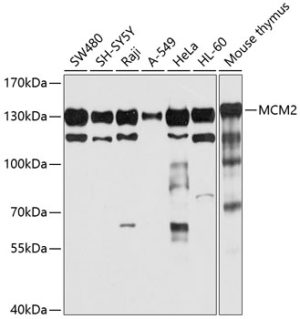
MCM2 Rabbit pAb
$239.89 Add to cart View Product DetailsPolyclonal Antibodies
-

MCM2 Rabbit pAb
$86.94 Add to cart View Product DetailsPolyclonal Antibodies
-

MCM3 Rabbit mAb
$264.04 Add to cart View Product DetailsMonoclonal Antibodies
-

MCM3 Rabbit mAb
$103.04 Add to cart View Product DetailsMonoclonal Antibodies
-

MCM3 Rabbit pAb
$86.94 Add to cart View Product DetailsPolyclonal Antibodies
-

MCM3 Rabbit pAb
$239.89 Add to cart View Product DetailsPolyclonal Antibodies
-
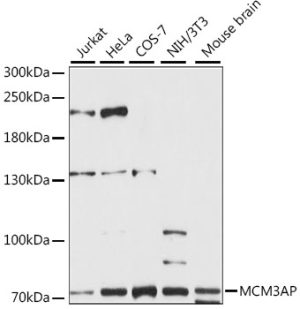
MCM3AP Rabbit pAb
$86.94 Add to cart View Product DetailsPolyclonal Antibodies
-

MCM3AP Rabbit pAb
$239.89 Add to cart View Product DetailsPolyclonal Antibodies
-
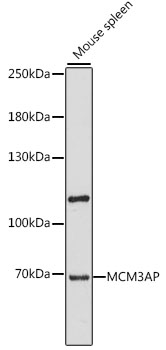
MCM3AP Rabbit pAb
$239.89 Add to cart View Product DetailsPolyclonal Antibodies
-

MCM3AP Rabbit pAb
$86.94 Add to cart View Product DetailsPolyclonal Antibodies
-
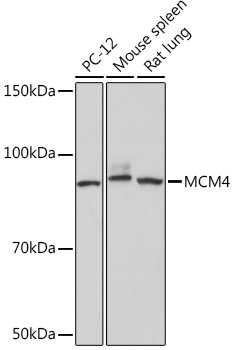
MCM4 Rabbit mAb
$103.04 Add to cart View Product DetailsMonoclonal Antibodies
-

MCM4 Rabbit mAb
$264.04 Add to cart View Product DetailsMonoclonal Antibodies
-
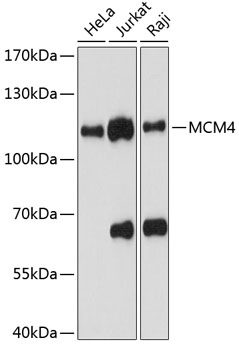
MCM4 Rabbit pAb
$86.94 Add to cart View Product DetailsPolyclonal Antibodies
-

MCM4 Rabbit pAb
$239.89 Add to cart View Product DetailsPolyclonal Antibodies
-

MCM5 Rabbit mAb
$103.04 Add to cart View Product DetailsMonoclonal Antibodies
-

MCM5 Rabbit mAb
$264.04 Add to cart View Product DetailsMonoclonal Antibodies
-

MCM5 Rabbit pAb
$86.94 Add to cart View Product DetailsPolyclonal Antibodies
-

MCM5 Rabbit pAb
$239.89 Add to cart View Product DetailsPolyclonal Antibodies
-

MCM5 Rabbit pAb
$239.89 Add to cart View Product DetailsPolyclonal Antibodies
-

MCM5 Rabbit pAb
$86.94 Add to cart View Product DetailsPolyclonal Antibodies
-

MCM6 Rabbit pAb
$239.89 Add to cart View Product DetailsPolyclonal Antibodies
-

MCM6 Rabbit pAb
$86.94 Add to cart View Product DetailsPolyclonal Antibodies
-

MCM7 Rabbit mAb
$103.04 Add to cart View Product DetailsMonoclonal Antibodies
-

MCM7 Rabbit mAb
$264.04 Add to cart View Product DetailsMonoclonal Antibodies
-

MCM7 Rabbit pAb
$239.89 Add to cart View Product DetailsPolyclonal Antibodies
-

MCM7 Rabbit pAb
$86.94 Add to cart View Product DetailsPolyclonal Antibodies
-
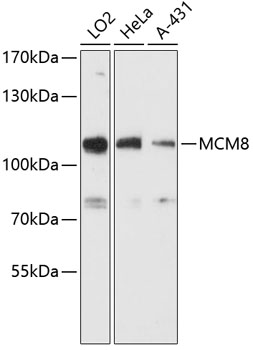
MCM8 Rabbit pAb
$239.89 Add to cart View Product DetailsPolyclonal Antibodies
-

MCM8 Rabbit pAb
$86.94 Add to cart View Product DetailsPolyclonal Antibodies
-
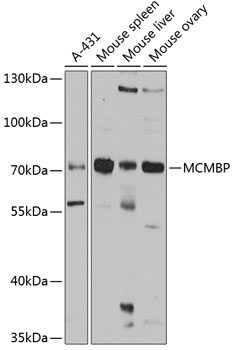
MCMBP Rabbit pAb
$86.94 Add to cart View Product DetailsPolyclonal Antibodies
-

MCMBP Rabbit pAb
$239.89 Add to cart View Product DetailsPolyclonal Antibodies
-
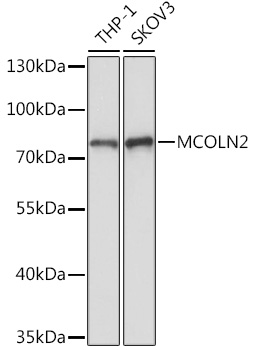
MCOLN2 Rabbit pAb
$239.89 Add to cart View Product DetailsPolyclonal Antibodies
-

MCOLN2 Rabbit pAb
$86.94 Add to cart View Product DetailsPolyclonal Antibodies
-
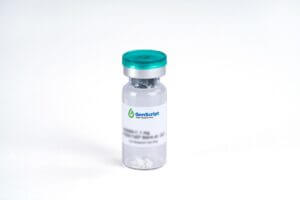
MCP-1/CCL2, Human
$1,323.94 Add to cart View Product DetailsCCL2, also known as monocyte chemotactic and activating factor (MCAF), was initially purified independently by two groups based on its ability to chemoattract monocytes. Subsequent to its cloning and sequencing, it became evident that this protein is also identical to the product of the human JE gene. The JE gene, originally identified in mouse fibroblasts, is a plateletderived growth factor (PDGF)inducible gene. The human CCL2 cDNA encodes a 99 amino acid residue precursor protein with a 23 residue hydrophobic signal peptide that is cleaved to generate the 76 residue mature protein. Natural CCL2 is heterogeneous in size due to the addition of Olinked carbohydrates and sialic acid residues. In addition to fibroblasts; tumor cells, smooth muscle cells, endothelial cells, and mononuclear phagocytes can also produce CCL2 either constitutively or upon stimulation by various stimuli. CCL2 is a member of the β (CC) subfamily of chemokines. Recently, the existence of MCP2 and MCP3 with 62% and 73% amino acid identity respectively, to CCL2 have been reported.
-
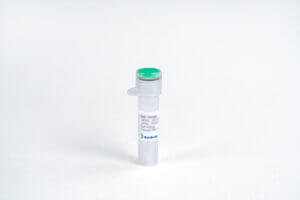
MCP-1/CCL2, Human
$99.19 Add to cart View Product DetailsCCL2, also known as monocyte chemotactic and activating factor (MCAF), was initially purified independently by two groups based on its ability to chemoattract monocytes. Subsequent to its cloning and sequencing, it became evident that this protein is also identical to the product of the human JE gene. The JE gene, originally identified in mouse fibroblasts, is a plateletderived growth factor (PDGF)inducible gene. The human CCL2 cDNA encodes a 99 amino acid residue precursor protein with a 23 residue hydrophobic signal peptide that is cleaved to generate the 76 residue mature protein. Natural CCL2 is heterogeneous in size due to the addition of Olinked carbohydrates and sialic acid residues. In addition to fibroblasts; tumor cells, smooth muscle cells, endothelial cells, and mononuclear phagocytes can also produce CCL2 either constitutively or upon stimulation by various stimuli. CCL2 is a member of the β (CC) subfamily of chemokines. Recently, the existence of MCP2 and MCP3 with 62% and 73% amino acid identity respectively, to CCL2 have been reported.
-

MCP-1/CCL2, Human
$43.13 Add to cart View Product DetailsCCL2, also known as monocyte chemotactic and activating factor (MCAF), was initially purified independently by two groups based on its ability to chemoattract monocytes. Subsequent to its cloning and sequencing, it became evident that this protein is also identical to the product of the human JE gene. The JE gene, originally identified in mouse fibroblasts, is a plateletderived growth factor (PDGF)inducible gene. The human CCL2 cDNA encodes a 99 amino acid residue precursor protein with a 23 residue hydrophobic signal peptide that is cleaved to generate the 76 residue mature protein. Natural CCL2 is heterogeneous in size due to the addition of Olinked carbohydrates and sialic acid residues. In addition to fibroblasts; tumor cells, smooth muscle cells, endothelial cells, and mononuclear phagocytes can also produce CCL2 either constitutively or upon stimulation by various stimuli. CCL2 is a member of the β (CC) subfamily of chemokines. Recently, the existence of MCP2 and MCP3 with 62% and 73% amino acid identity respectively, to CCL2 have been reported.
-

MCP-1/CCL2, Mouse
$1,323.94 Add to cart View Product DetailsChemokine (C-C motif) ligand 2 (CCL2) is also referred to as monocyte chemotactic protein 1 (MCP1) and small inducible cytokine A2. CCL2 is a small cytokine that belongs to the CC chemokine family. CCL2 recruits monocytes, memory T cells, and dendritic cells to the sites of inflammation produced by either tissue injury or infection. CCL2 is implicated in the pathogeneses of several types of disease characterized by monocytic infiltrates, such as psoriasis, rheumatoid arthritis and atherosclerosis. CCL2 is anchored in the plasma membrane of endothelial cells by glycosaminoglycan side chains of proteoglycans. CCL2 is primarily secreted by monocytes, macrophages and dendritic cells. CCL2 can signal through the CCR2 receptor.
-

MCP-1/CCL2, Mouse
$94.88 Add to cart View Product DetailsChemokine (C-C motif) ligand 2 (CCL2) is also referred to as monocyte chemotactic protein 1 (MCP1) and small inducible cytokine A2. CCL2 is a small cytokine that belongs to the CC chemokine family. CCL2 recruits monocytes, memory T cells, and dendritic cells to the sites of inflammation produced by either tissue injury or infection. CCL2 is implicated in the pathogeneses of several types of disease characterized by monocytic infiltrates, such as psoriasis, rheumatoid arthritis and atherosclerosis. CCL2 is anchored in the plasma membrane of endothelial cells by glycosaminoglycan side chains of proteoglycans. CCL2 is primarily secreted by monocytes, macrophages and dendritic cells. CCL2 can signal through the CCR2 receptor.
-

MCP-1/CCL2, Mouse
$51.75 Add to cart View Product DetailsChemokine (C-C motif) ligand 2 (CCL2) is also referred to as monocyte chemotactic protein 1 (MCP1) and small inducible cytokine A2. CCL2 is a small cytokine that belongs to the CC chemokine family. CCL2 recruits monocytes, memory T cells, and dendritic cells to the sites of inflammation produced by either tissue injury or infection. CCL2 is implicated in the pathogeneses of several types of disease characterized by monocytic infiltrates, such as psoriasis, rheumatoid arthritis and atherosclerosis. CCL2 is anchored in the plasma membrane of endothelial cells by glycosaminoglycan side chains of proteoglycans. CCL2 is primarily secreted by monocytes, macrophages and dendritic cells. CCL2 can signal through the CCR2 receptor.
-

MCP‑3/CCL7, Human(CHO-expressed)
$1,323.94 Add to cart View Product DetailsChemokine (C-C motif) ligand 7 (CCL7) is a small cytokine that was previously called monocyte-specific chemokine 3 (MCP-3). Due to CCL7 possessing two adjacent N-terminal cysteine residues in its mature form, it is classified within the subfamily of chemokines known as CC chemokines. CCL7 specifically attracts monocytes, and regulates macrophage function. It is produced by certain tumor cell lines and by macrophages. This chemokine is located on chromosome 17 in humans, within a large cluster containing many other CC chemokines and is most closely related to CCL2. CCL7 can signal through the CCR1, CCR2 and CCR3 receptors.
-

MCP‑3/CCL7, Human(CHO-expressed)
$90.56 Add to cart View Product DetailsChemokine (C-C motif) ligand 7 (CCL7) is a small cytokine that was previously called monocyte-specific chemokine 3 (MCP-3). Due to CCL7 possessing two adjacent N-terminal cysteine residues in its mature form, it is classified within the subfamily of chemokines known as CC chemokines. CCL7 specifically attracts monocytes, and regulates macrophage function. It is produced by certain tumor cell lines and by macrophages. This chemokine is located on chromosome 17 in humans, within a large cluster containing many other CC chemokines and is most closely related to CCL2. CCL7 can signal through the CCR1, CCR2 and CCR3 receptors.
-

MCP‑3/CCL7, Human(CHO-expressed)
$155.25 Add to cart View Product DetailsChemokine (C-C motif) ligand 7 (CCL7) is a small cytokine that was previously called monocyte-specific chemokine 3 (MCP-3). Due to CCL7 possessing two adjacent N-terminal cysteine residues in its mature form, it is classified within the subfamily of chemokines known as CC chemokines. CCL7 specifically attracts monocytes, and regulates macrophage function. It is produced by certain tumor cell lines and by macrophages. This chemokine is located on chromosome 17 in humans, within a large cluster containing many other CC chemokines and is most closely related to CCL2. CCL7 can signal through the CCR1, CCR2 and CCR3 receptors.
-
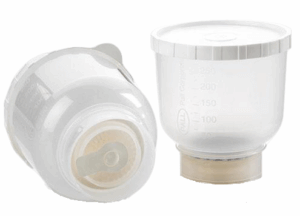
MCROFUNNEL ADAPTERS
$74.30 Add to cart View Product DetailsMCROFUNNEL ADAPTERS
-

MCT4/SLC16A3 Rabbit pAb
$86.94 Add to cart View Product DetailsPolyclonal Antibodies
-

MCT4/SLC16A3 Rabbit pAb
$239.89 Add to cart View Product DetailsPolyclonal Antibodies
-

MCTS1 Rabbit pAb
$86.94 Add to cart View Product DetailsPolyclonal Antibodies
-

MCTS1 Rabbit pAb
$239.89 Add to cart View Product DetailsPolyclonal Antibodies
-

MCU Rabbit pAb
$239.89 Add to cart View Product DetailsPolyclonal Antibodies
